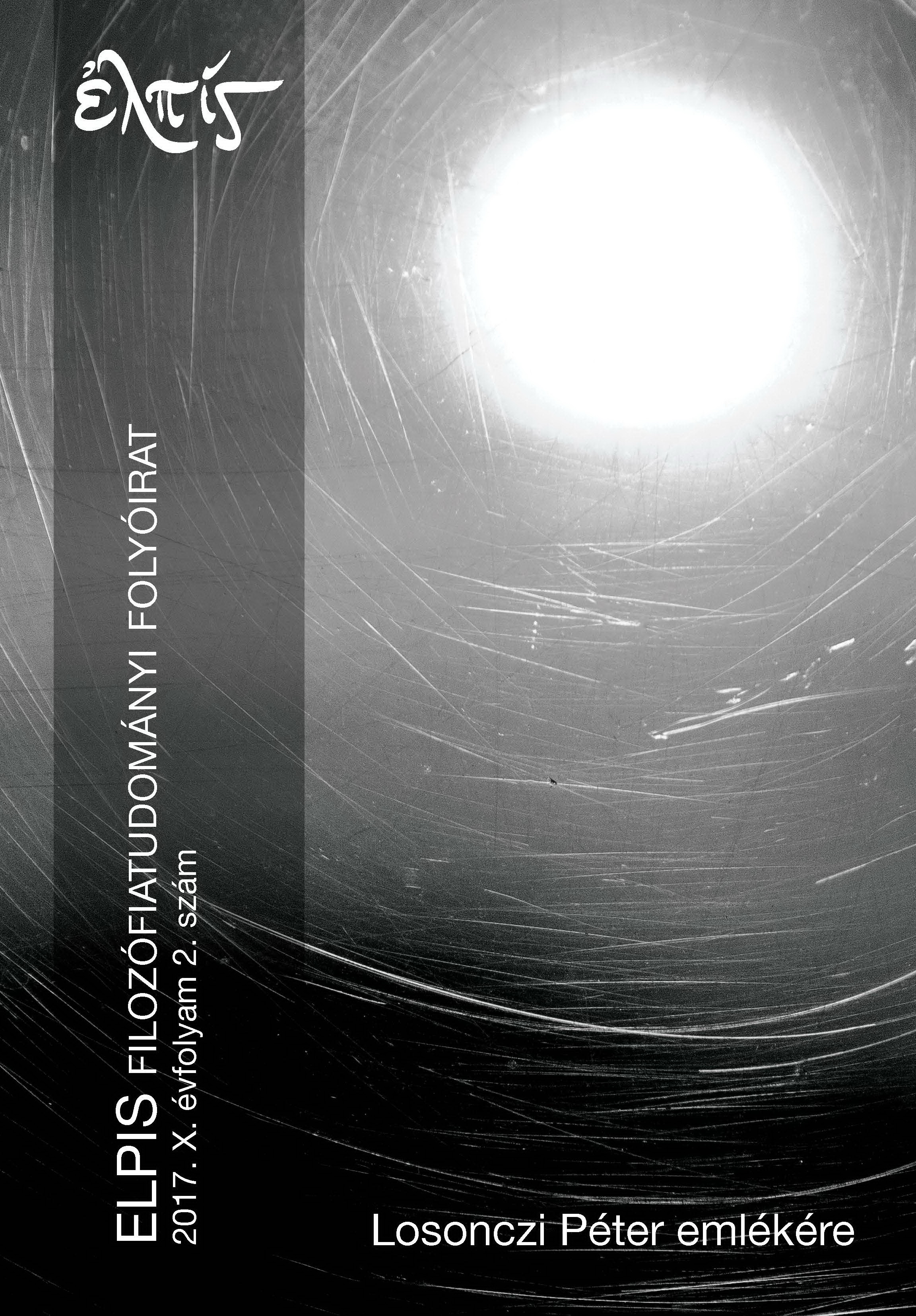Life as Death in Spinoza
DOI:
https://doi.org/10.54310/Elpis.2017.2.3Keywords:
Spinoza, Hans Blumenberg, Life, DeathAbstract
Following Hans Blumenberg’s interpretation of the so-called secularization, I reveal the elements of the double understanding of life and death in Spinoza’s Ethics. This type of double understanding appears in the Pre-Socratic thinkers first, after which it becomes dominant in our Christian philosophical culture influenced by the Bible’s and Augustine’s treatment thereof. Conversion is death from the perspective of the earlier life whereas it is resurrection, life in a deeper sense from the viewpoint of new life. Those passages in Spinoza which talk about the questions of life and death can excellently be understood within this framework. However, his thinking about this matter does not centre around the conversion to believing in a transcendent God, as transmitted by a particular church or confession. His thoughts are directed at an immanent salvation based on philosophy that is incorporated in the sage. As a contemporary representative of the traditional Christian conception, I refer to Pascal and his letters to Mlle Roannez. In these letters, we find a traditional exhortation to convert to a more profound Christianity than the original one, motivated by the Pauline interpretation of life and death.




